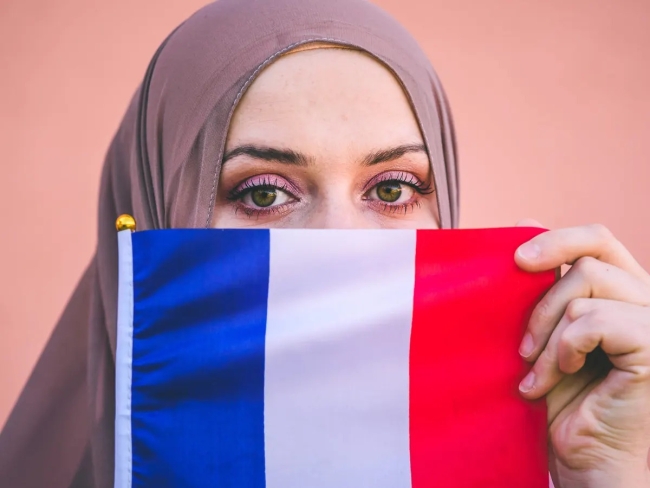This European comparative report discusses the impact of Islamophobia on Muslim women in the field of employment and hate crime. It is based on eight national reports from Belgium, Denmark, France, Germany, Italy, the Netherlands, Sweden and the United Kingdom, following research conducted between December 2014 and December 2015.
Among the key findings are the following:
- Muslim women suffer from the same inequalities as other women (access to employment, gender pay gap, domestic, verbal and physical violence, etc.) but additional factors such as perceived religion or ethnicity worsen the situation.
- Media and public opinion often express stereotypical views of Muslim women, often depicted through a binary representation - oppressed or dangerous -, and do not consider Muslim women as active agents. News stories either refer to violations of women's rights or use their image, especially when wearing religious clothing, to illustrate views framing Islam as a problem;
- Some political discourses feed into these stereotypical views, in order to argue the lack of compatibility between some expressions of Islam with European values. These stereotypes contribute to create a fertile ground for discriminatory practices and violence on the ground;
- In the labour market, Muslim women are subject to three types of penalties: gender penalties, ethnic penalties and religious penalties. Discrimination is often related to perceptions of their Muslimness, and especially their clothing;
- In most countries, Muslim women are the main targets of Islamophobic hate crimes and speech, and violence, especially if they wear a headscarf. For instance, in the Netherlands and France, respectively over 90% and 80% of the victims of Islamophobic incidents reported in 2015 and 2014 were Muslim women, most of them wearing a visible religious symbol.
The report was elaborated within the project "Forgotten Women: the impact of Islamophobia on Muslim Women", implemented by the European Network Against Racism (ENAR). The project examines the disproportionate impact of Islamophobia on women and aims to strengthen alliances between the anti-racism and feminist movements in order to better address the intersectional discrimination affecting Muslim women. The project is part of a broader advocacy strategy that aims to encourage the Member States of the European Union to adopt specific national strategies to combat Islamophobia and to demonstrate the need to improve and strengthen the implementation of EU equality laws.


